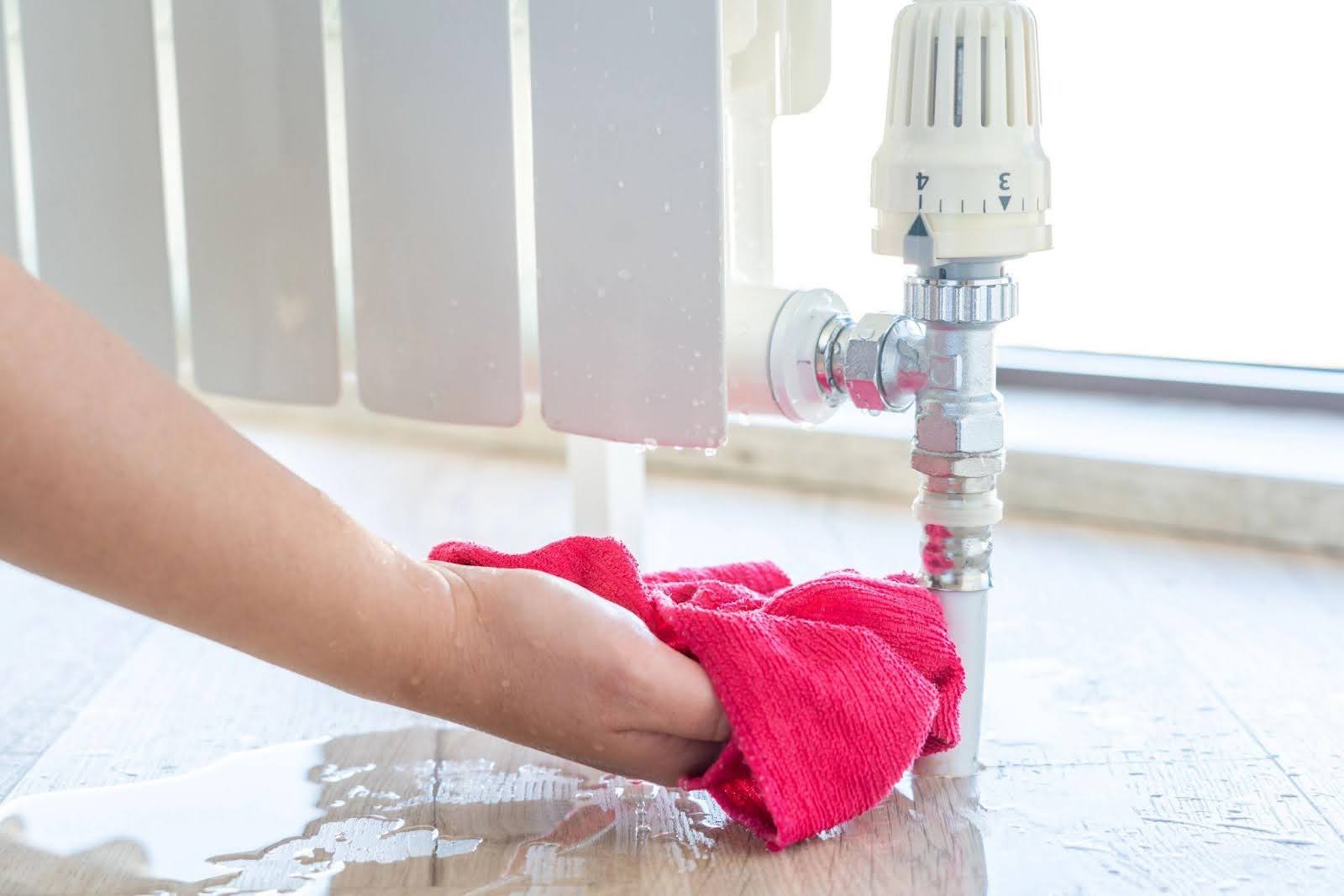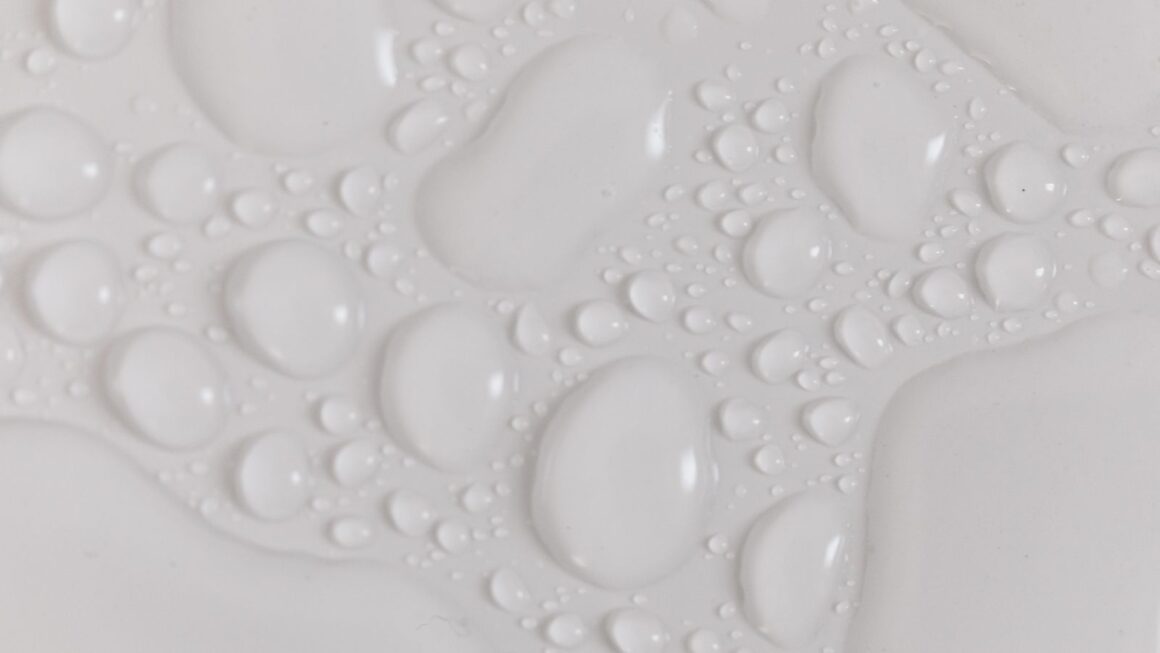
A leaking hot water system is every homeowner’s nightmare. It’s not just about the inconvenience of a disrupted hot water supply, but also the potential water damage that can occur if the issue goes unresolved. The frustration is real, especially when considering the expensive repairs that might be lurking around the corner should you ignore the warning signs.
The good news? With timely intervention and regular maintenance, you can prevent many hot water system leaks before they become costly problems. This guide will walk you through the causes, early warning signs, and prevention strategies for dealing with a leaking hot water system, so you can protect both your home and your budget.
Understanding the Causes of a Leaking Hot Water System
To tackle a leaking hot water system effectively, one must first understand the root causes. Corrosion ranks high among the culprits. When the tank or pipes succumb to rust, small holes or cracks can develop, leading to leaks. Faulty valves are another common reason. These valves control the inflow and outflow of water, and when they fail, water ends up seeping where it shouldn’t.
The age of the hot water system plays a pivotal role in leak formation. Like most household appliances, wear and tear are inevitable over time. As the system ages, components may loosen or deteriorate, creating pathways for water to escape.
High water pressure sounds harmless but can be a silent adversary to your hot water system. Excessive pressure puts undue stress on the tank and pipelines, making them more susceptible to leaks. The presence of sediment build-up also contributes to leaks. Over time, minerals in the water settle at the bottom of the tank, forming a layer of sediment. This layer creates a barrier between the heat source and water, leading to overheating and potential damage to the tank.
Identifying Signs of a Leaking Hot Water System

Spotting a leak early can save you a lot of stress and money. Visual indicators are often the first signs. Puddles or wet spots around the base of the hot water unit are clear signals that something’s amiss. Also, look out for any rust or moisture on the exterior of the tank.
Auditory clues can be just as revealing. Unfamiliar sounds such as hissing, gurgling, or popping could suggest water is escaping from where it shouldn’t. If the hot water temperature suddenly fluctuates or the water pressure drops unexpectedly, these might be indicative of a leaking system.
Regular checks and vigilant monitoring are crucial in identifying leaks early. A little diligence goes a long way in ensuring your system remains in tip-top shape.
Immediate Steps to Take When You Discover a Leak
Finding a leak can be alarming, but knowing the immediate steps to take can prevent further damage. Your first course of action should be to shut off the water supply. This will halt any additional water from entering and worsening the leak.
Safety first! Shut off the power or gas supply to the hot water system to prevent any electrical hazards or gas leakage. Once the situation is under control, document the leak with photos. These can be invaluable for insurance purposes or when discussing the issue with a professional.
If you’re at all uncertain about handling the situation, it’s wise to seek professional help. An experienced plumber can accurately diagnose and repair the problem, ensuring peace of mind.
DIY Fixes and Maintenance Tips for Preventing Future Leaks
It’s not all about fixing leaks when they occur; prevention is key. Tightening loose fittings and connections is an effortless way to maintain the system and ward off leaks. A regular inspection will help catch any signs of damage or wear before they become significant issues.
Flushing the tank periodically is an excellent maintenance practice. This simple task removes sediment build-up, enhancing efficiency and preventing tank damage. Consider investing in a water softener if you live in an area with hard water. By reducing mineral content, you not only prevent corrosion but also increase system longevity.
When to Call a Professional and What to Expect
Not all leaks can or should be fixed by the homeowner. If a leak persists despite your best efforts, or if it originates from a complex component, professional intervention is warranted.
Choosing a reputable plumber or service provider can seem daunting. It’s essential to look for licensed professionals with good reviews and recommendations. The costs associated with professional services vary, depending on the severity of the damage and the parts needed for repair. Be sure to discuss potential expenses upfront to avoid surprises.
When consulting with a professional, come prepared. Have a list of symptoms, any steps you’ve taken, and photos of the leak. This information will assist the plumber in diagnosing the problem swiftly and accurately.
Conclusion: Keep Your Hot Water System Leak-Free
In summary, dealing with a leaking hot water system is far less stressful when you act quickly and follow a consistent maintenance routine. Early detection, swift action, and periodic professional inspections can prevent minor hot water system leaks from turning into major headaches.
By staying proactive, you not only extend your system’s lifespan but also maintain the comfort of a dependable hot water supply. Share your own maintenance tips or leak experiences in the comments — your advice might help another homeowner avoid an expensive repair.







